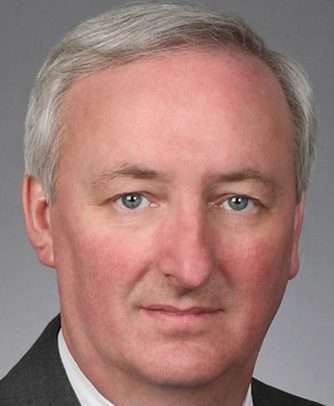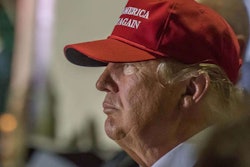The Department of Transportation has taken first steps toward complying with an order from President Trump that calls on federal agencies to evaluate regulations for possible removal or reevaluation. DOT announced Friday it has named Jeffrey Rosen, DOT’s Deputy Secretary and second in command at the agency, as its Regulatory Reform Officer — a position required by a February-issued executive order by Trump.
 Jeffrey Rosen
Jeffrey RosenA press release issued Friday by DOT says federal rules enacted at the end of President Obama’s term may be some of the more targeted regulations for Rosen and a DOT regulatory review task force — also stipulated by Trump’s February order. In his post as RRO, Rosen will head the DOT’s regulatory review task force. Trucking-focused rules that saw action toward the end of Obama’s term include a December-published rule to establish national training standards for new truck drivers, as well as a proposed rule to mandate speed limiters.
The driver training rule has already been delayed nearly six months by another Trump order. The speed limiter proposal likely is dead on arrival in Trump’s DOT.
Unrelated to his appointment as DOT’s Regulatory Review Officer, Rosen was chosen by Trump this month to serve as the DOT’s Deputy Secretary. The Senate confirmed his nomination May 16.
Trump’s February 24 regulatory order is intended to target regulations that impede job growth, impose costs greater than their benefit or are simply outdated or ineffective, according to the order.
The order seemingly called for all federal agencies to establish a Regulatory Review Officer and a regulatory task force. However, a DOT spokesperson said the order applies at the cabinet-level, meaning agencies within broader federal departments, such as the Federal Motor Carrier Safety Administration, aren’t required to appoint officers specific to their agency.
In an inquiry from CCJ, DOT did not say what regulations could be targeted for removal nor did it offer a timeline for when the task force will begin work or offer recommendations for regulatory reform.










